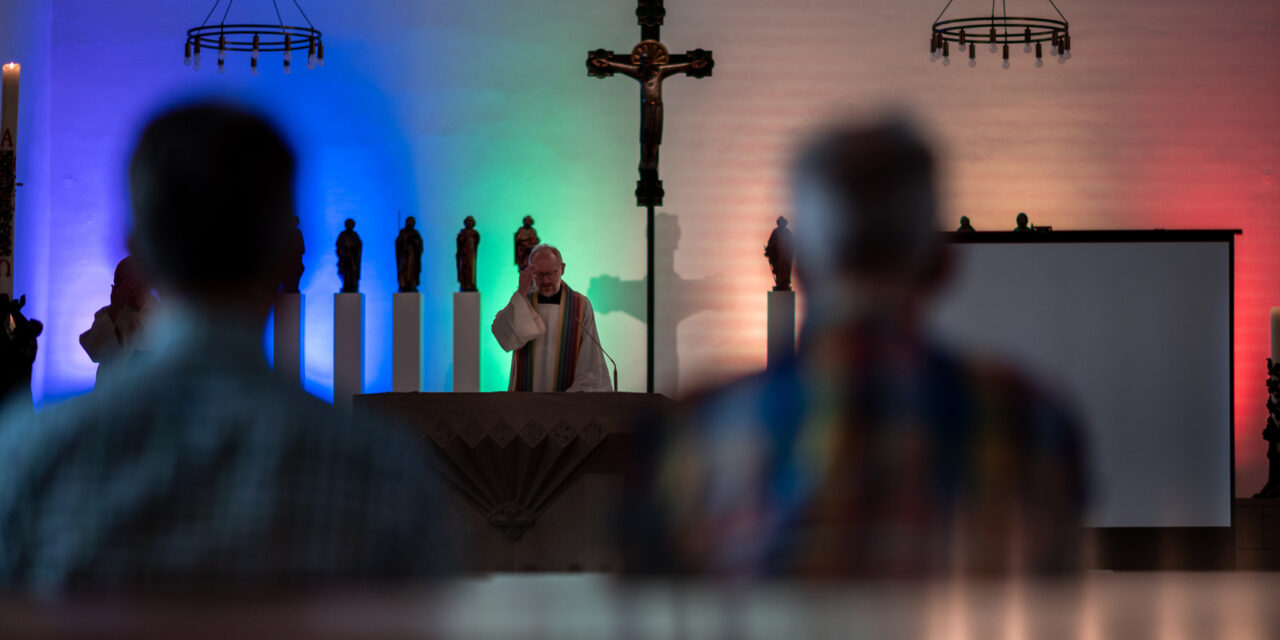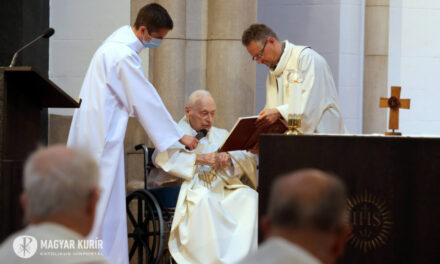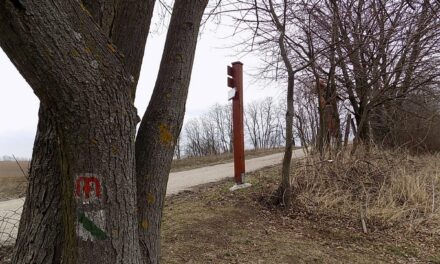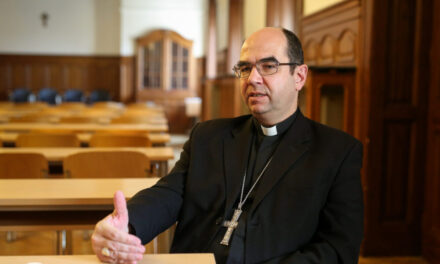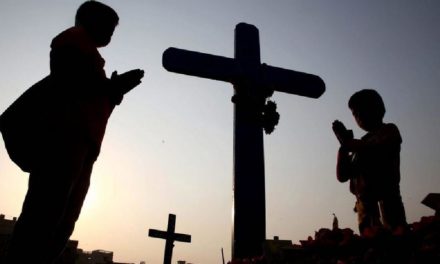Germany is one of the Western countries that has particularly opened up to the acceptance of progress, and the conservative and religious values that were bravely accepted are slowly becoming a subculture that is tolerated or that needs to be pushed out.
Christian churches in Germany are losing dramatically. Members of both the Lutheran Church, which was born in Germany, and the Catholic Church, which is strong in southern Germany, are leaving en masse.
According to the latest data, 522,000 people left the German Catholic Church in 2022 alone, and to this is added the further decrease due to deaths. This broke the previous record year of decline, which was 2021, when 359,000 people left the Catholic community. According to 2022 data, the Catholic Church had 20.9 million members in Germany, while in 1990 there were still nearly 30 million.
The reasons for drastic weight loss are complex, a long list could be kept. First of all, the general social change, de-religiousness, secularization, turning away from church institutions, and the spread of new leftist and liberal ideas and ideas and the withering of conservative values, which on the one hand is considered a welcome progress, and on the other a general spiritual crisis.
And Germany is one of the Western countries that has particularly opened up to the acceptance of progress, and the conservative and religious values that were bravely accepted are slowly becoming a subculture that is tolerated or is about to be ousted.
"This is not just a church crisis, but a crisis of faith," emphasizes sociologist Detlef Pollack in an interview with MDR. Pollack reminds us: since the 1960s, individualism and the right to self-determination have become the basic value system; and even if they are religious, they don't necessarily want to pay money for it.
In addition, there is an important bureaucratic factor, which is all about money. Anyone who declares himself to be a member of a church in Germany is automatically and obligatorily deducted the church tax through the state (in some states, an additional local church tax is also collected).
Therefore, one cannot be a member of the church "in one's own way": one must decide to remain a member and pay meticulously, or if one does not like this, one must leave the church through official procedures. Unsurprisingly, this process alienates non-persistent believers emotionally and spiritually from the organized church.
In addition to the above, the cause of the crisis of the German churches is also the general disorientation.
On the one hand, serious crimes and abuses from the past decades are coming to light in Germany as well, from corruption to pedophile accusations, which shake a local community, bishopric or even the German church as a whole.
On the other hand, the churches facing the crisis - especially the evangelical ones - instead of strict conservatism, are opening up to a progressive sense of life and worldview. There is no number of small or large initiatives where some priests, pastors or higher church leaders loudly take up the representation of progressive values, even standing to the left of the parties - succumbing to the much-talked about woke agenda. But it is quite possible that such initiatives will not lead to an increase in the number of believers, but rather to the alienation of the most committed believers who still want to live a deeply Christian life today - in other words, desperate responses to the crisis will cause an even bigger crisis.
In the quote above, religious sociologist Detlef Pollack talked about:
"The church has changed, but despite its change, it has not been able to stop the descent." Moreover: "Churches actually form a living community, they have become more and more human-friendly, but people still turn away from them".
The special journey of the German Catholic has already grown into a reform effort of such a level that it directly threatens a schism. Mandiner has already reported on the reform processes organized by German church circles called the Synodal Road, which are trying to change the basic principles and practices of the universal Catholic Church from below from a specific German perspective: the reformist laymen are leading the bishops by the nose and want to accept women in the priesthood. , the abolition of celibacy and other LGBTQ aspirations.
The Synod Way (Synodaler Weg) is a reform meeting of the German Catholic Church that has been ongoing since December 2019, initiated by a group of secular believers, the Central Committee of German Catholics (ZdK). The ZdK successfully dictated the pace even for the episcopal faculty in previous years. The committee is a lay organization, so it does not have any formal power and right to decide on church matters, rather it is considered a lobby group exerting pressure.
Sensing the danger, Pope Francis, who is otherwise not averse to progressivism, wrote a diplomatic but firm letter in the summer of 2019 in which he tried to drive the German church back into the fold. The German Church, on the other hand, quietly ignored the papal guidance.
Pope Francis warned German Catholics for the last time that "there is no need for another Lutheran Church".
And if we're talking about evangelicals: they also struggle with similar problems in Martin Luther's church. From 2020 to 2021, the number of members of the Lutheran Church also decreased by 511,000 in one year, from 25.8 million twenty years ago to 19.7 million in 2021. We can say that they are in a fierce race with the German Catholics - to the bottom.
The phenomenon of general secularization, the problem of the mandatory church tax and the courting of progress are equally present among Lutherans, but at the same time - as katholisch.de writes - the abuse scandals affecting the Catholic Church also affect Lutherans - some Lutherans are angry with Catholics from their own Christian church.
The various excesses of the evangelicals were also reported by the press: most recently, Quinton Ceasar, a "theologian-activist-pastor" serving in East Friesland, was able to preach on the national church day of the Lutherans in Nuremberg. At the event, he was able to say: "It's time to say that we are the last generation. Now is the time to say: black lives always matter.
The pastor also touched on migration policy. "Now is the time to say: we leave no one to die! It's time to say again: we're sending a ship and much more," he said, referring to the NGO ships ferrying hundreds of black Africans across the Mediterranean.
"Safer spaces for all", he then continued his sermon. "Jesus, who himself was a refugee, a fugitive, an asylum seeker, says: don't just open your hearts! Open your borders too!" He also noted, "Jesus is partisan." He also urged his audience that because "we all have privileges," we can "stand up for more justice." He also made it clear: "Now is the time to attach ourselves to the liberating love of Jesus. Not for institutions, power, traditions, origin, heteronormativity”.
How much the thinking of the previous preacher of the evangelical church day, the Greens, can increase - or actually further decrease - the membership of the church, and how this kind of spirituality will help to maintain the crumbling pillars of Christianity in Europe's largest state, well, in the near and distant future, everything it will certainly be revealed.

